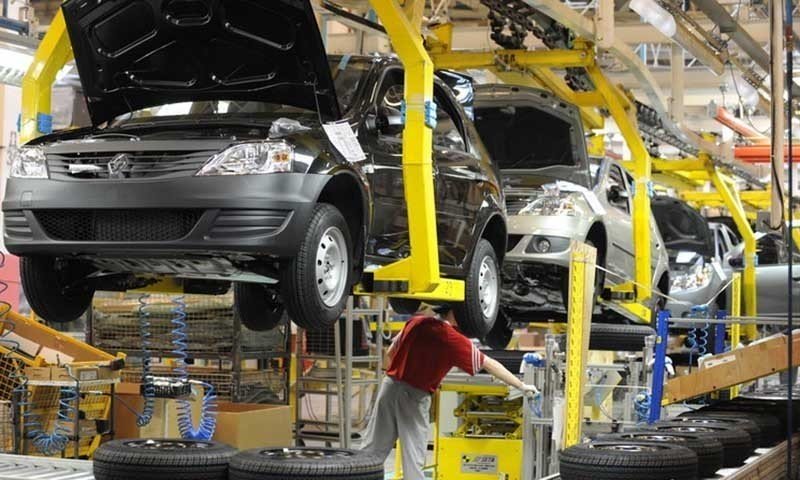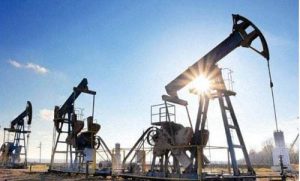Engineering Post Report
Automobile sector in the country has remained in distress for the second consecutive year with a massive fall during first three quarters of last financial year i.e. July 2019-March 2020.
The last year 2018-19 began with imposition of ban on non-filers of income tax returns accompanied with escalating exchange rate which kept the industry in turmoil to say the least. Resultantly the year had ended with massive fall in production and the sales.
Financial year 2019-20 also witnessed new taxes like Federal Excise Duty (FED), Additional Customs Duty (ACD) and minimum value addition tax, while the exchange rate was also kept escalating. Besides, industrial fall also continued to grip the automobile sector with uncertainty and the sector was almost reduced to half during the period under report.
There has been fall all over the local auto industry during the last financial year particularly in March 2020. The fall was even in case of two/three wheelers where typically sustainable demand always exists for being low cost products and most preferable mode of transport for the masses in general. Even the introduction of two new variants during last fiscal i.e. Suzuki Alto and Toyota Yaris by the passenger car sector could not sustain the demand in passenger car sector.
In case of passenger cars, the sales plunged most, by as much as 70.8 per cent in the month of March 2020 to 5796 units compared to 19897 units in March FY 2019. This was perhaps due to general lock down due to pandemic of Corona Virus. The lockdown situation has continued for some months towards end of financial year 2019-20 and start of fiscal year 2020-21 and has considerably been eased in July 2020 making the woes of the automobile sector worse considerably during the foregoing months. The industry will quite obviously take sometime to recover as the COVID-19 is being checked and brought under control to a great extent. During July-March FY 2020 production and sales of passenger cars had dropped by 47.9 per cent and 46.8 per cent respectively.
There was also fall in heavy commercial vehicle sector too. In case of trucksand buses, the production during first three quarters of last financial year July 2019-March 2020 had dropped by 45.7 per cent and 28.8 per cent respectively. The non-filers of income tax returns may not have impacted here; but the work at certain level government had halted, so were te supplies of trucks and the respective payments, resulting in disruption of the chain of events at the trucking industry.
According to available figures, during July-March FY 2020, the farm tractor sector also continued to decline with production and the sales plunging down by 37.9 per cent and 37.7 per cent respectively. During the period under report, the sales were only 23506 units against 37742 units sold during the corresponding period of the last year. This decline was attributed to increase in the prices of agricultural inputs, absence of support subsidies and halting of government tractor schemes for the farmers , which quite obviously added to their woes thus badly impacting the booking of farm tractors.
The two/three wheelers sector also failed to show any growth; it rather dropped off production and the sales by 12.3 per cent during July-March FY 2020. Still this sector most preferred and economic means of transport and best alterative in the absence of public transport in the cities and thus holds a dependable and continued potential growth in the coming years.








